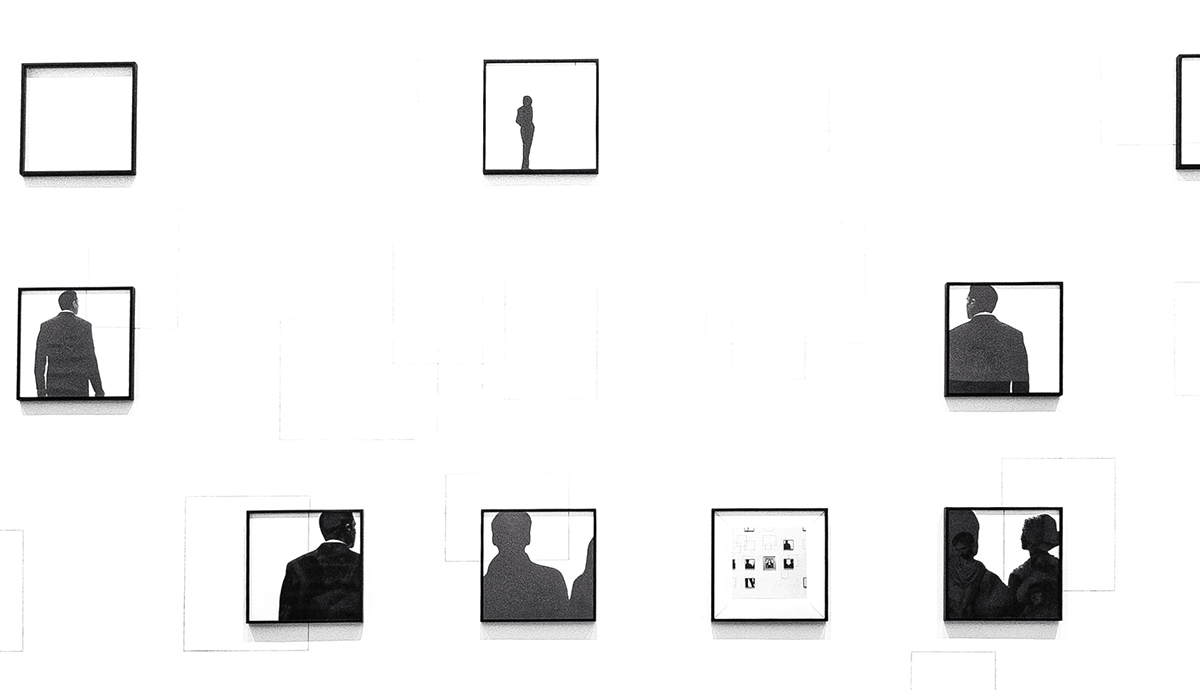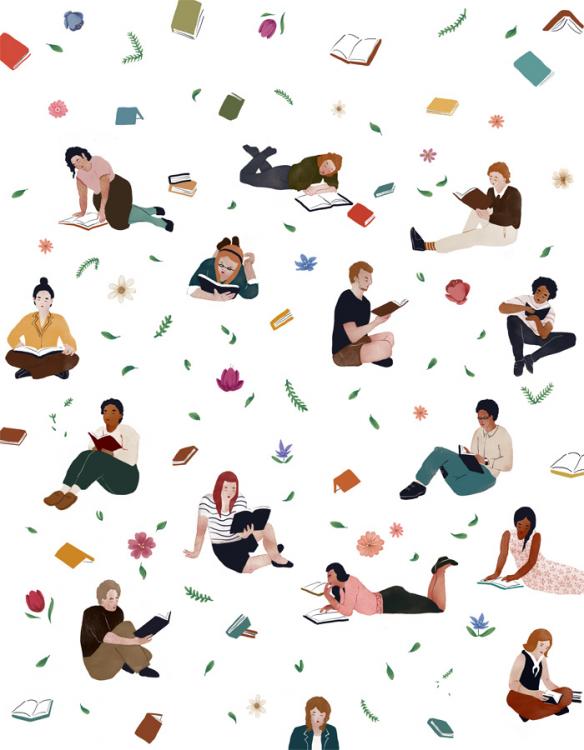Post-Caucus from issue 294.3-4
An admission: My instincts are all Rodney King: Can’t we all get along? I’m conflict averse, accommodating, arguably milquetoast. That’s partly my nature and partly the result of living in a very small town where political divisions are radical and getting-along is crucial. So, I spent most of my adult life trying to see the other side, being equivocal, siding with reasonableness. My essay “Caucus” (North American Review 294:3-4, May-August 2009, ) told the story of how attending our small town Democratic caucuses in the thick of the Bush era changed me.
“After the caucus, I began to ally myself more seriously and more strictly with liberal Democrats. I understood the irony, of course, that it had been precisely that kind of behavior that had sent me reeling. The Us-ness of flag waving conservatives. The Us-ness of anti-government types. But it didn’t matter. I’d had it. I wanted to be Us. Without apologies.”
The essay walks through the trouble that attitude bred for me and leads to a nice, reasonable rejection of clannishness. Using a line from a wise neighbor with whom I’d had a political disagreement (“I guess we’re not in any club. Except the special love club”), I conclude:
“There is no club. Except the special love club.”
Lately, though I’ve been re-thinking the issue from a writer’s perspective. The question that nags me is a familiar one: As writers do we have an obligation to try to breach the divide, to see things both ways, to undercut our own assumptions or those of the subculture(s) we live in? Or do we have a greater obligation to speak truth to power?
Some outrage: The top five New York Times bestsellers for Middle Grade readers, week of May 4, 2014:
FROZEN, by RH Disney
THE LAST DAYS OF JESUS, by Bill O'Reilly. Illustrated by William Low
WONDER, by R. J. Palacio
RUSH REVERE AND THE BRAVE PILGRIMS, by Rush Limbaugh
RUSH REVERE AND THE FIRST PATRIOTS, by Rush Limbaugh
Let’s see. We have one book written “by” a major corporation - “RH Disney” stands for “Random House Disney” - and two by major right wing commentators.
In response, I have been telling myself: Be aggressive with your perspective. Be unequivocal. Be savvy with your marketing to get more people to swallow your perspective.
In other words, I’ve been telling myself: Be Like Them. Which is, frankly, abhorrent.
The backpedal: I’ve also been on a reading jag. All these fine novels take a more subtle approach. The Interestings gently deconstructs wealth and privilege while pining for it. The Flamethrowers interrogates the motives of those on both sides of a labor dispute. Americanah takes an incisive and slant ways look at racism through the eyes of a “non-American black.” I love the nuanced perspectives but I wonder:
Is it enough? Is it?
Last weekend I attended a reading where writers gathered to draw attention to climate change. I couldn’t help but think the smallish audience would have been larger if the topic had been more upbeat. But nonetheless. The writers shone a little light on how to approach tough issues with grace and humanity. Rick Bass, who has written plenty about the sheer pleasure of being an oil geologist, described his arrest in a protest against Keystone XL. Nick Flynn confronted the changing world through poetry in the context of fatherhood, much as he tackled torture in The Ticking is the Bomb by juxtaposing it with having his first child. I admired their approach: Not Limbaugh bombast, but not silence either.
I still don’t know. I always try to remember the lesson of “Caucus”: Love is the only entry requirement into the special club that is a book, any book.
But.
Maybe love requires more. Integrity at the very least. Action at best. If our books stand a fighting chance.
Ana Maria Spagna is the author of two essay collections, Now Go Home and Potluck, and the history/memoir Test Ride on the Sunnyland Bus, winner of the River Teeth literary nonfiction prize. She lives in Stehekin, Washington and works as assistant director of the Whidbey Writers Workshop MFA program. Ana is featured in issue 294.3-4, May-August 2009. anamariaspagna.com/writing
Jeannie Phan is a Torano-based full-time freelance illustrator originally from the prairies of Canada. She's a painter and digital artist who's worked with the nicest people from different parts of the world. Jeannie can be found in NAR's most recent issue being 299.2, Spring 2014. www.jeanniephan.com
Recommended
Nor’easter
Post-Op Appointment With My Father
Cedar Valley Youth Poet Laureate | Fall 2024 Workshop






